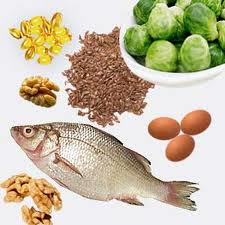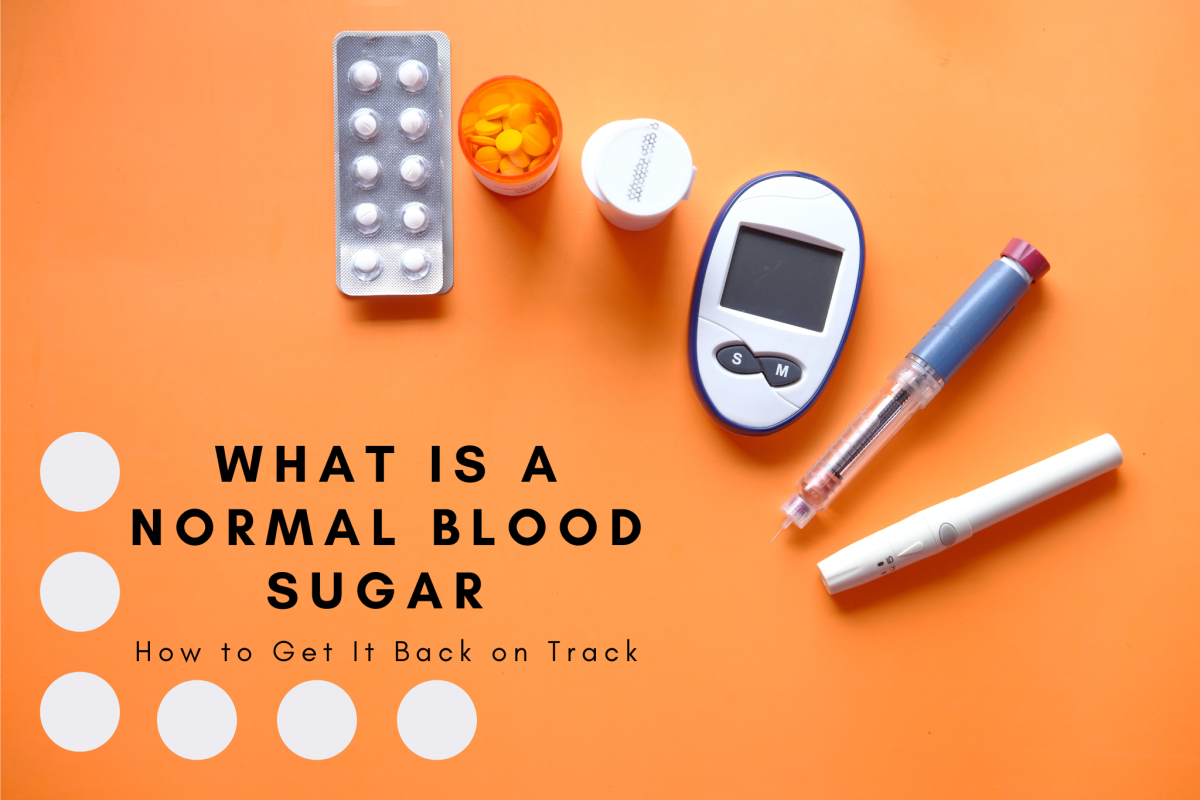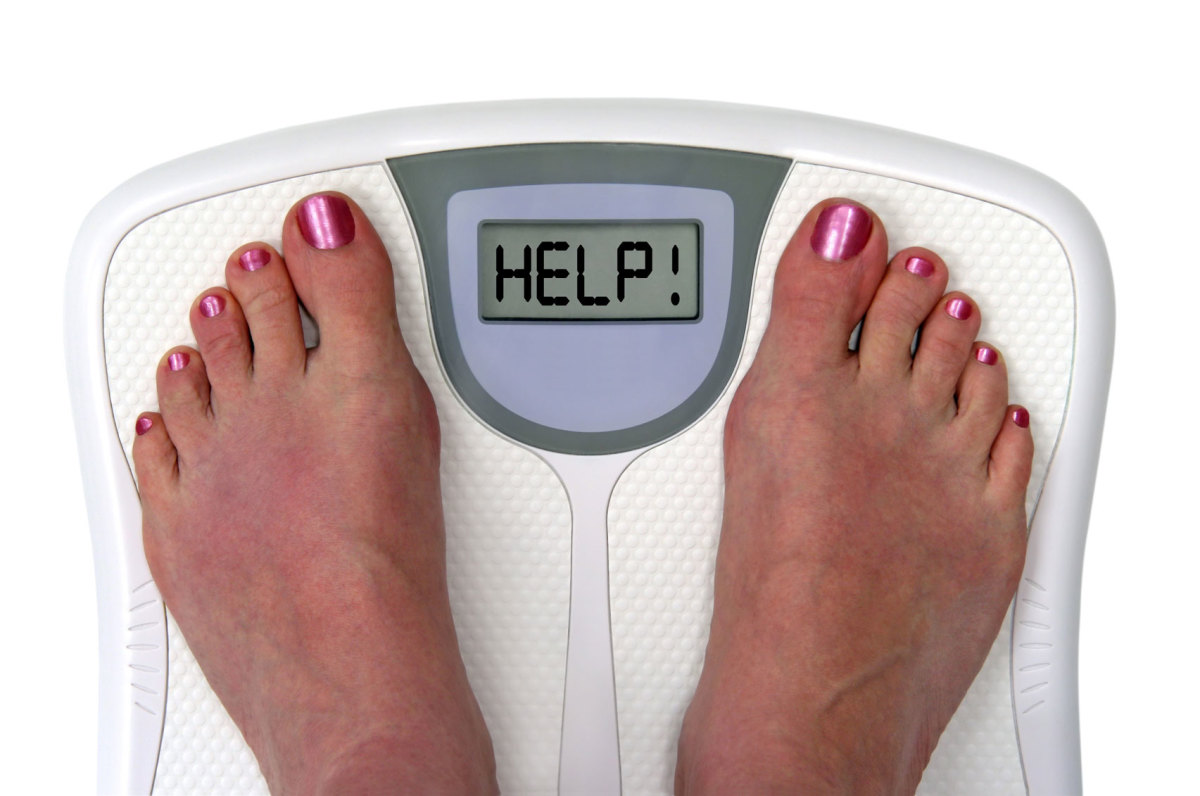Lose Weight by Understanding Food Chemistry - What You Eat Does Make a Difference


In a perfect world, we would all eat
nothing but natural, organic foods that were good for us and get enough
exercise to keep ourselves strong and virile into our final decades. Unfortunately, many of us fall into a vicious cycle of starting and stopping diets and exercise regimes, never to settle into a balance that reaps results.
The rewards for maintaining a balance of good nutrition and ample exercise include the euphoria of being healthy, as well as a leaner physique. Lose that balance and slide down the greasy, processed and refined slope of appetite stimulating foods and your body will start packing on the pounds. So how do we avoid eating the wrong foods, and how does our body regulate appetite and metabolism throughout our body?
The answer is hormones. Our body produces hormones in the small intestine, stomach and throughout the central nervous system. These hormones communicate with the hypothalamus to regulate our energy intake and the expenditure of the calories we take in. Identifying and increasing the levels of the hormones responsible for preventing overeating can help a person lose weight or avoid weight gain.
Leptin: According to Wikipedia, this hormone’s name is derived from the Greek word for thin. It is found in white adipose tissue and the levels of this hormone present in the body have a direct relationship to the amount of fat in the body. This protein hormone counteracts the effects of other compounds which communicate with the brain to stimulate appetite.
Why does this matter? People with low levels of Leptin are more likely to have uncontrolled feeding urges. Lowered Leptin levels are common after going on extreme calorie restricted diets, but also when the diet contains high quantities of refined sugars, carbohydrates or other processed, starchy foods. These foods cause blood sugar levels to fluctuate, can increase cholesterol and ultimately result in higher body fat percentage.
Burn Bad Fat
Just as there are good and bad fats in food (read: Twinkies=bad fat, avocados and nuts=good fat,) there are also good and bad fats stored in the body. Rather than just reducing caloric intake, the goal should be to maintain or increase levels of ‘brown’ adipose tissue while reducing the amount of ‘white’ adipose tissue. Both are necessary to regulate body temperature, provide a source of reserve energy and for protection of organs, but excess amounts of either leads to obesity and related health issues.
Brown fat does seem to have additional advantages, however. According to the University of Maastricht (Netherlands,) people with more brown fat in their body are less likely to be obese. This does not mean we want too much of this fat in our bodies, though. As Dr. Cypress of the Joslin Diebetes Center noted, “…three ounces of brown fat…could burn up to (an extra) 400 to 500 calories per day…” The trick is to stimulate this tissue, which is apparently best done in a chilly environment. Anyone for a workout in the walk-in freezer?
Omega Fats
Omega’s 3 and 6 are fats we cannot live without. But taking in too much of either one can have destructive results. Omega 3 and Omega 6 fatty acids are present in cold water fish like herring, anchovies and wild salmon. They are also present in some cereals, chicken and eggs. Potential benefits include reduced risk of stroke and heart disease, as well as the possibility of boosting the immune system response.
Omega 6’s are also essential to skin health, lower cholesterol levels and to allowing the blood to clot. However, Omega 3’s need to be present to prevent the blood from becoming prone to excessive clotting, which could lead to strokes and heart attacks. To get the right balance, eat more Omega 3 fatty acids. Unless you are an Eskimo, most diets have a large deficiency of this substance. Omega 3's are present in the marine sources mentioned above, as well as in canola, flax seed and soybean oils. Other great sources are nuts, vegetables and dairy.
Because these food sources also contain sufficient Omega 6, we do not need to add to the quota by consuming processed foods, which include the cooking oils mentioned above, in excess.
Experts agree, to be healthy you need to eat healthy. Nutritious, whole foods keep the body’s hormone chemistry in balance, while excessive animal protein, processed carbs and refined sugars lead to obesity and poor heart health. I think I’m going to go eat some broccoli and sardines.

Read more >>>
- Build Muscle by Eating Less Protein?
How much protein do you need to eat each day? How much do you need to eat to build muscle? The answers may surprise you. - Interval Training is still the Best Fat Burning Method
Learn about why interval training is great for getting in shape and losing weight, but only in moderation. - Lose Your Belly-5 Exercises You Can do to Burn More Fat
- Losing Weight Fast - Best Foods for Healthy Eating
- The Muscle Gain Experiment
- Learning How to Fight and Win in a Street Fight
- Kayaking in Kailua Bay-Life Changing Experiences for All Ages








